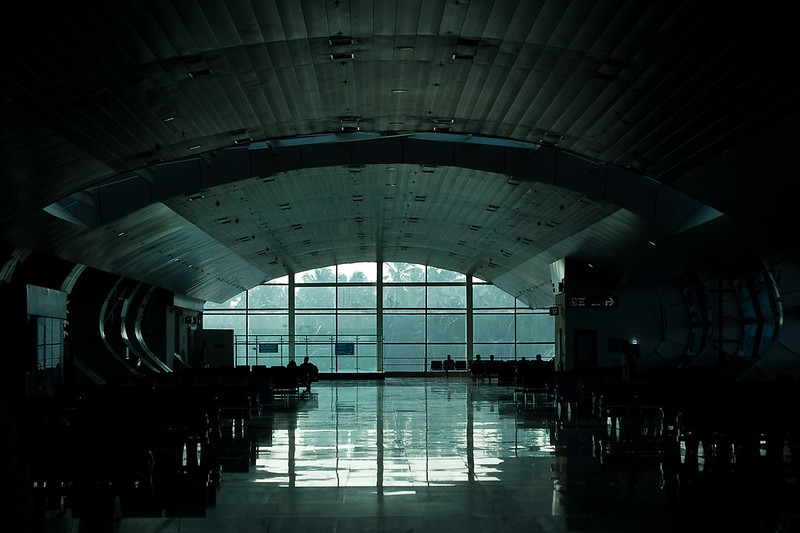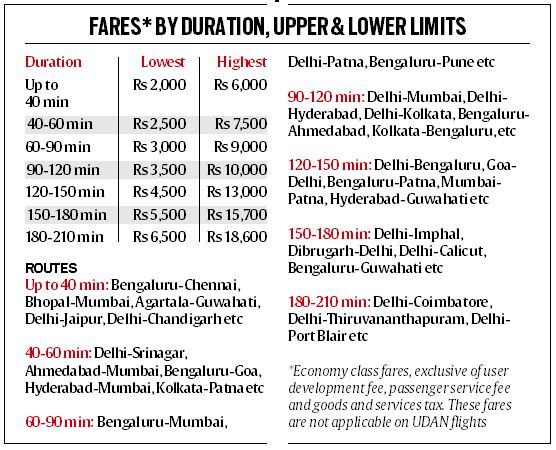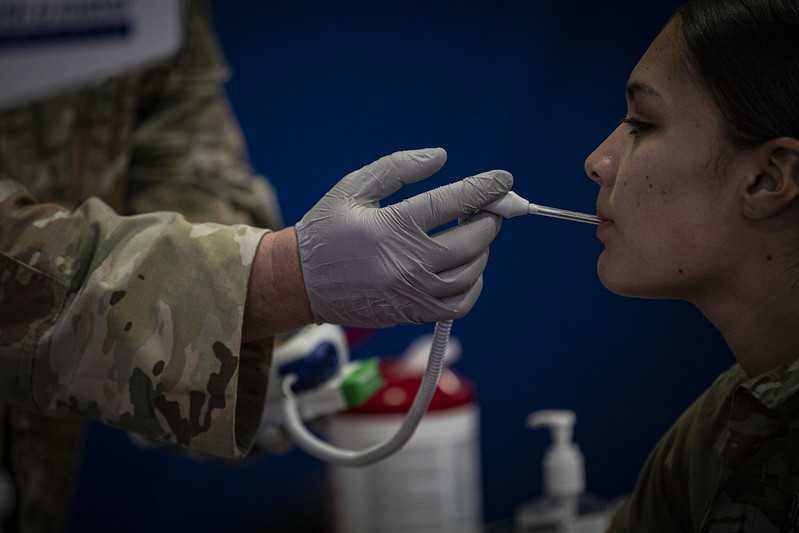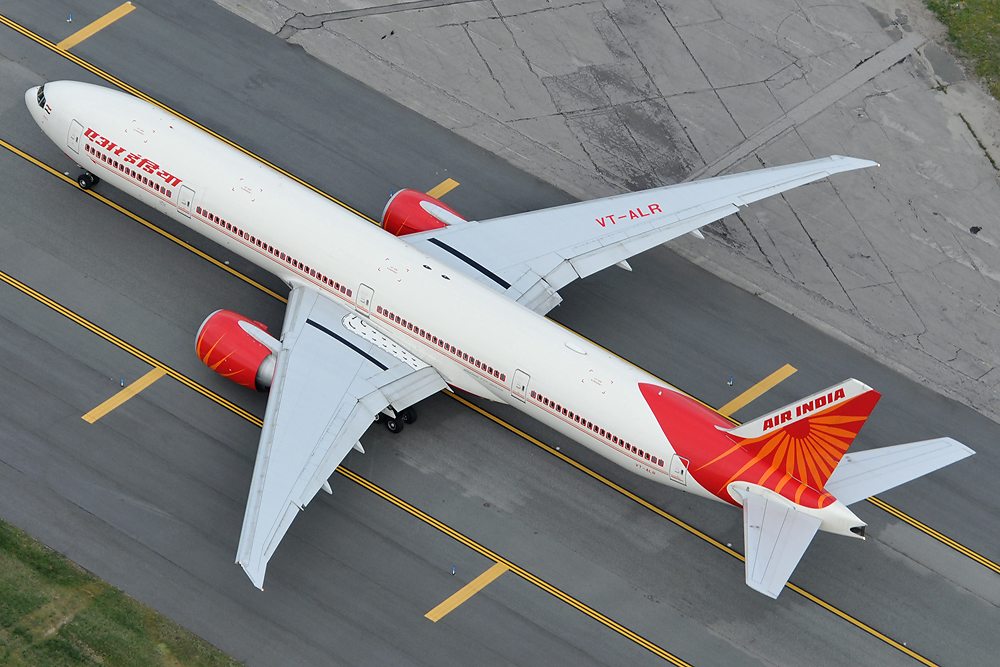Two months of coronavirus lock down has grounded all domestic flights in India; but from 25th May, Indian carriers will once again take to the skies.
Despite the good news for carriers, India is still enforcing varying degrees of lock down and it is unclear who exactly can fly.
India’s Aviation Minister has announced flights will be gradually ramp up, but what will domestic travel look like?
Expect a Thorough Baggage Clean
An unnamed government source told the Economic Times that passengers must arrive at the airport at least 2 hours prior to departure.
Delhi International, India’s largest and busiest airport, will implement UV baggage disinfection. Bags on trolleys will pass through a disinfection tunnel of unknown size.
Other Indian airports are expected to establish similar arrangements, although no exact plans have been released.
Social Distancing Will be Strictly Policed
Sources have reported that Delhi, Mumbai, Hyderabad and Bengaluru airports will establish mandatory thermal screening checkpoints throughout terminals.
Only passengers who show up “green” on their Aarogya Setu app (coronavirus tracing app), or can present a declaration, will be granted entry.
Mumbai and Bengaluru will install markings to ensure passengers stay 1.5 meters from each other, according to the Economic Times.
The markings will be located throughout the terminal, from the kerbside drop-off points all the way to the jetbridge.

Expect to Eat on The Ground
Despite resisting calls to block out the middle seat, Indian airlines will cease serving on-board meals.
Delhi Airport will install self-service food outlets, whilst all airports nationwide will keep restaurants open.
On-board, passengers will be required to wear face masks and any violations will be strictly dealt with. Airlines will also encourage passengers to bring their own drinks to minimise interaction with cabin crew.
Planes Will be Largely Empty, But How Expensive Will Flights be?
In short, prices are expected to be similar to those pre-crisis. The Economic Times has reported that the Indian Government will set airfares based on corresponding rail ticket prices.
In the oncoming months, the government will set a minimum and maximum airfare on all domestic routes.
For example on a Delhi to Mumbai flight, the minimum airfare price is 3500 Rupees ($46) and the maximum is 10,000 Rupees ($132).
Despite not being required to enforce social distancing on-board, airlines will only be allowed to operate flights at one-third capacity. This blanket rule will apply on inter-city routes with 100 or more flights per day.
The only exception will be for flights between two non-metro cities; in which airlines can operate at whatever capacity they deem suitable, according to the Civil Aviation Ministry.

Who Can Actually Fly?
Airlines have started accepting bookings from 1st June onward, but will travellers be able to fly?
India’s nationwide lock down is gradually coming to an end, but the full easing of restrictions is not guaranteed by 1st June. An announcement will be made on 31st May.

List of Airlines Resuming Operations
- Air India
- IndiGo
- AirAsia India
- Spicejet
- GoAir
- Alliance Air
- Vistara
- Most regional airlines
The State of India’s Aviation Sector
The Indian Directorate General of Civil Aviation (DGCA) has reported an enormous hit to the country’s aviation sector. IATA has revealed that Indian airlines are set to suffer revenue losses of over 850 billion Rupees ($11.2 billion)
Civil aviation figures have painted a grim picture, with Indian airlines having carried no passengers for the last six days in March. The country’s government has suspended all non-essential civilian flying for over two months.
Article Sources: Economic Times, LiveMint and Firstpost




